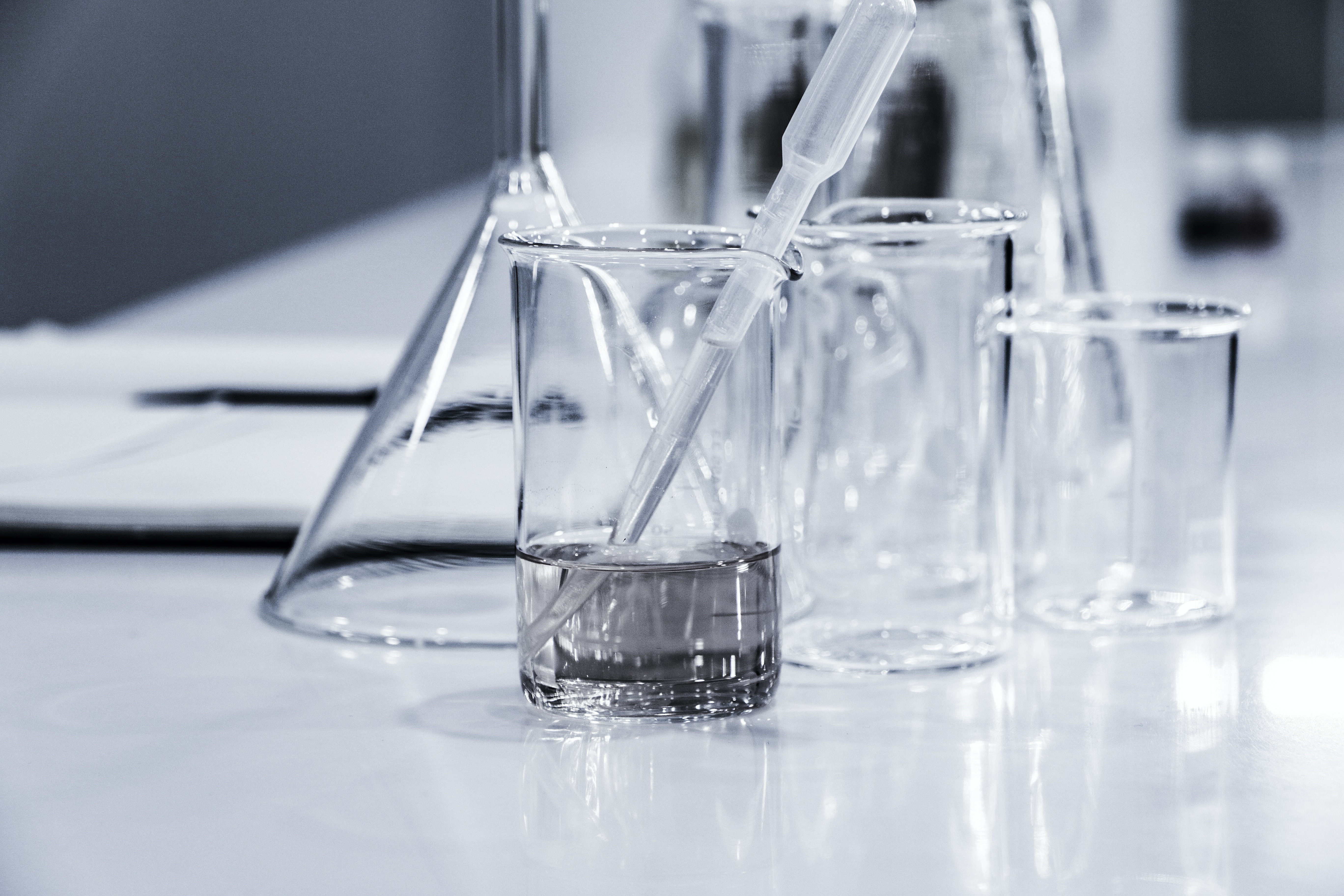Aggregated News

Photo by Hans Reniers on Unsplash
INTRODUCTION
Research on the manufacture of egg-like and sperm-like cells for the purpose of producing laboratory-crafted human children is proceeding rapidly. The objective is to turn ordinary body cells of prospective parents into artificial eggs and sperm. Though ostensibly developed to facilitate reproduction in individuals for whom this capability is impaired or unavailable, the use of laboratory produced eggs and sperm represent an opening for the routine production and commercialization of “designer babies.” (1) These are individuals whose hereditary components are technologically modified to meet one or more specified objectives.
Researchers refer to creating eggs and sperm (gametes) in the laboratory as in vitro gametogenesis or IVG. The experimental process begins with “somatic” or body cells, e.g., from adult blood or skin. These cells are not those that evolved to produce gametes during embryonic development. The somatic cells are modified with extra DNA or RNA, or by exposing them to proteins or drugs, which has the effect of turning some of them into induced pluripotent stem cells (iPSCs). The iPSCs are next exposed to...



